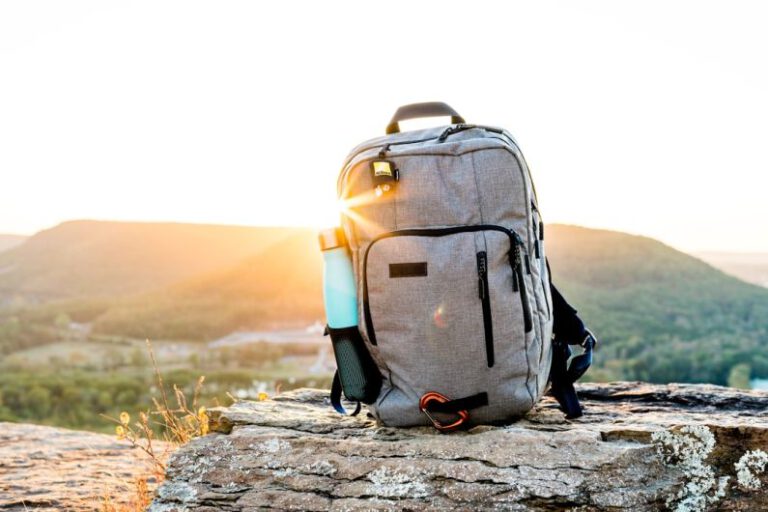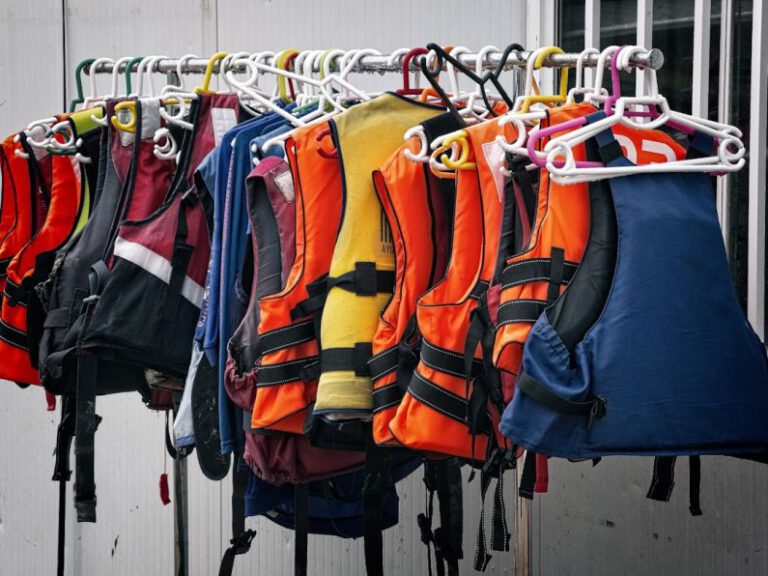How to Navigate Language Barriers while Traveling?
Traveling to a foreign country can be an exhilarating experience, offering the opportunity to immerse oneself in a different culture and explore new surroundings. However, one common challenge that many travelers face is navigating language barriers. Communication is key in any interaction, and when you find yourself in a place where you don’t speak the local language, it can present some obstacles. But fear not, with some preparation and creativity, you can overcome these barriers and make the most of your travels. Here are some tips on how to navigate language barriers while traveling.
Learn Basic Phrases
Before embarking on your journey, take some time to learn a few basic phrases in the local language. Simple greetings like “hello,” “thank you,” and “please” can go a long way in establishing rapport with locals and showing respect for their culture. Additionally, knowing how to ask for directions, order food, or make simple inquiries can help you navigate your way around the destination more smoothly. Learning these basic phrases not only shows your effort to connect with the locals but also makes your travel experience more enjoyable and less stressful.
Utilize Translation Apps
In this digital age, translation apps have become invaluable tools for travelers. Apps like Google Translate or iTranslate can help bridge the language gap by instantly translating text or speech. Simply type or speak into the app, and it will provide you with the translated version in the language of your choice. These apps are handy for deciphering menus, signs, or having basic conversations with locals. While they may not always be 100% accurate, they can certainly help you get your message across and facilitate communication in a pinch.
Use Visual Aids
When words fail, visual aids can be a lifesaver. Pointing to a map, showing a picture of your destination, or using gestures to convey your message can be effective ways to communicate without words. People are often adept at interpreting body language and visual cues, so don’t underestimate the power of non-verbal communication. Additionally, carrying a pen and paper to write down key information or drawing simple illustrations can help you communicate more effectively in situations where language is a barrier.
Seek Out English Speakers
In many tourist destinations, English is widely spoken as a second language. When faced with a language barrier, seek out individuals who can communicate in English, such as hotel staff, tour guides, or fellow travelers. They can help translate for you, provide directions, or offer assistance in navigating the local customs. Engaging with English speakers can not only make your travel experience more convenient but also open up opportunities for cultural exchange and making new connections.
Immerse Yourself in the Local Culture
One of the best ways to overcome language barriers while traveling is to immerse yourself in the local culture. Take the time to observe and learn from the locals, participate in cultural activities, and show genuine interest in their way of life. By immersing yourself in the local customs and traditions, you can gain a deeper understanding of the culture and forge meaningful connections with the people you meet along the way. Remember, language is just one aspect of communication; empathy, curiosity, and open-mindedness can transcend linguistic differences and create memorable experiences.
Embrace the Adventure
Traveling to a foreign country where you don’t speak the language may seem daunting at first, but it can also be a rewarding and enriching experience. Embrace the adventure of navigating language barriers, and approach each interaction with an open heart and a sense of curiosity. While communication may not always be seamless, the shared human experience transcends words, and you may find that some of the most meaningful connections are made beyond language. So, don’t let language barriers deter you from exploring the world—embrace the challenge, learn from the experience, and savor the moments of connection that transcend linguistic boundaries. Happy travels!






